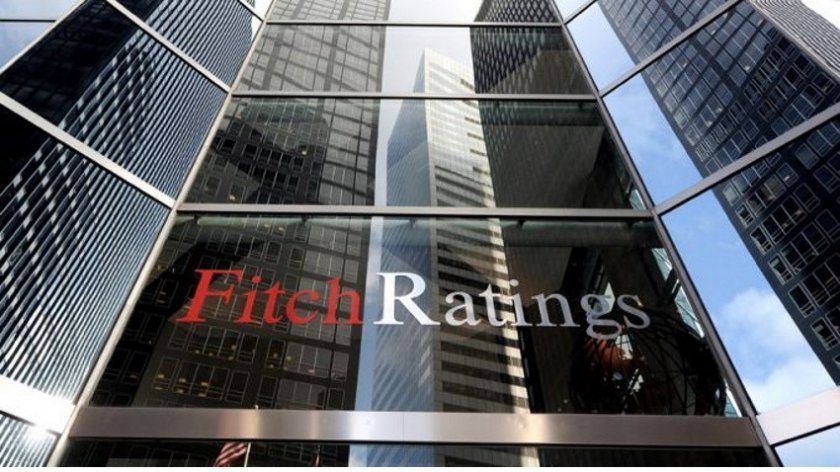Fitch affirms Bulgaria's 'BBB' credit rating, outlook positive

Fitch Ratings has affirmed Bulgaria's long-term foreign-currency issuer default rating (IDR) at 'BBB' with a positive outlook.
The Positive Outlook reflects the dissipation of macroeconomic risks stemming from the Covid-19 pandemic, underpinned by a more resilient economy, as well as continued gradual progress towards euro adoption. In Fitch's view, short-term downside risks tied to the coronavirus pandemic and prolonged electoral uncertainty are more than offset by prospects of substantial funding for investment from the EU and a broad commitment to macro and fiscal stability, the credit ratings agency says in its report.
Bulgaria's ratings balance its strong external and public balance sheets and credible policy framework, underpinned by EU membership and a long-standing currency-board arrangement, against weak potential growth, partly due to unfavourable demographics, which could weigh on government finances over the long term. Governance indicators and income levels are slightly above peers, Fitch said.
Fitch now expects the economy to expand by 4.7% in 2021, compared with 3% previously and in line with the 'BBB' median. The upward revision reflects better-than-expected 1Q21 GDP, largely due to resilient private consumption, despite a more challenging health situation (Bulgaria recorded one of the highest Covid-19-related death rates in Europe in winter). Recent indicators point to further strengthening of domestic demand, while exports (which have struggled in recent quarters) are likely to pick up in 2H21 thanks to cyclical factors. Bulgaria's very low vaccination rate (12.6% fully vaccinated as of 20 July, versus an EU average of 43%) raises some downside pandemic-related risks, although the authorities are unlikely to put in place severe containment measures that would significantly affect economic activity, the agency says.
Investment will be a key driver of growth over the medium term, as Bulgaria will be one of the main beneficiaries of EU transfers in the coming years.
Fitch also think that the sheer size of funds under the Recovery and Resilience Facility (RRF) is expected to play a key role in supporting GDP growth of 3.9% in 2022-23.
Fitch projects a modest widening of the fiscal deficit in 2021, to 5.0% of GDP versus 5.5% for the 'BBB' median, reflecting an increase in pandemic-related expenditure (of around 3pp of GDP according to authorities).
The expectations are the fiscal deficit to narrow gradually to 2% of GDP in 2023 thanks to the unwinding of support measures. This will keep public debt/GDP at below 30% over the forecast horizon, broadly in line with the authorities' convergence programme and well below the 'BBB' median of 57%, Fitch said.
Fitch considers the plan of Bulgaria to adopting the euro in 2024 as realistic. The country's banking sector remains liquid and well capitalised.
The main factors that could lead to positive rating action include progress toward eurozone accession and an improvement in growth potential that leads to faster convergence with income levels of higher rated peers.
Factors that could, individually or collectively, lead to negative rating action/downgrade include adverse policy developments, which reduce confidence in economic growth prospects and the policy framework; a prolonged rise in public debt, the materialisation of contingent liabilities on the sovereign's balance sheet or weaker growth prospects, Fitch report says.
Get the latest news wherever you are!
Follow us on
Facebook
and
Instagram
Follow BNT’s YouTube channel
You can now also watch us on
TikTok
Find us on
Google News























